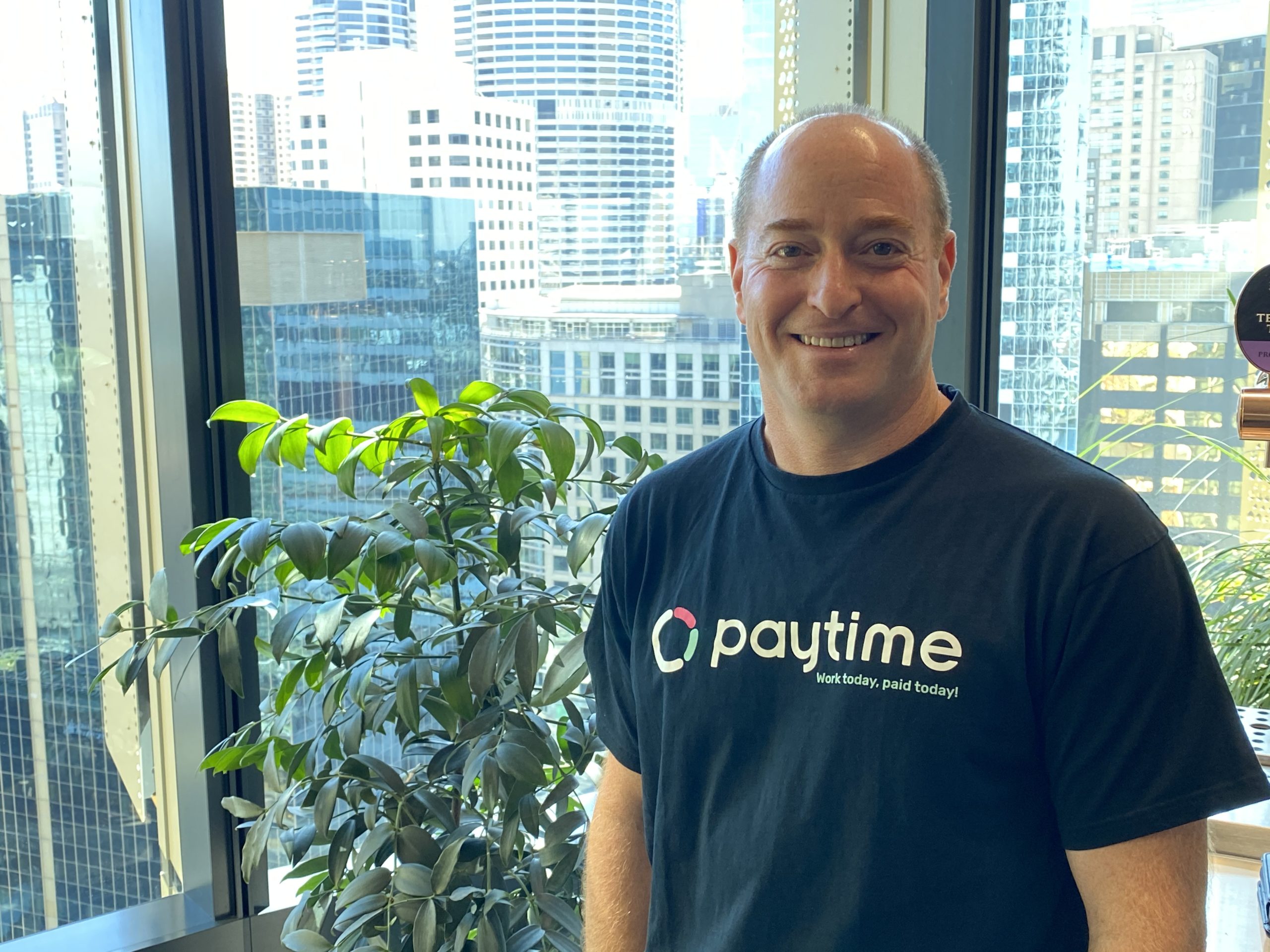
- Author: Steven Furman
- Posted: March 16, 2022
Here’s how CFOs can take the financial pressure off employees
Financial stress is a significant issue in the workplace, and CFOs are well positioned to take the pressure off employees. By Steven Furman.
Financial stress is a leading cause of mental health problems, but CFOs around the world are stepping in by implementing an earned wage access solution to ease financial pressure experienced by employees.
Paytime is a new HR fintech that gives employees access to their pay before pay day.
The solution plugs seamlessly into payroll software and allows employees to access a portion of their earned pay at any time during the month without having to wait for a set payday, via an app.
The solution is known as Earned Wage Access.
Essentially, Paytime acknowledges that it can be a humiliating experience for any employee to ask for an advance on their pay, and independent research recently conducted by Ernst & Young shows that 70% of employees have never asked for a pay advance as it would be too difficult or awkward to have that conversation with their employer. But by providing a financial wellbeing benefit such as Paytime to your workforce, you’re building an organisation that is financially inclusive, without requiring employees to step forward and confess financial troubles.
Paytime is provided by companies to their employees, and employees have to first check that their employer has already partnered up with the Paytime, in order to access the service.
The app is able to extract how many hours and days an employee has worked, and therefore, how much wages have been accrued at any point in time. It works across all industries including healthcare, retail, education, manufacturing, financial services, construction, transportation, hospitality, labour hire, etc and for full time, part-time or casual employees.
Paytime, which went live in June last year, has enjoyed solid growth, with a number of companies coming on board. Adopters in Australia include McGrath Estate agents, Aspen Pharmacare and Supabarn, amongst several others.
Independent research conducted to over 1,000 working Australians shows that an overwhelming number of people want the service, across all income brackets. It shows that 81 per cent of Australians want to know that they can access their pay when they need it, rather than having to wait for pay day.
We see anywhere between 30 and 50 per cent of employees utilising our solution up to three times in a month. After all, it doesn’t take much to get into financial strife when you’re either a lower income earner or don’t have a lot in savings. A medical expense in the family can be catastrophic.
What we’re trying to do is help people get out of the debt trap. There are no solutions out there other than this that allows people to access their own income when they have unexpected expenses.
But it is not only the low-income earners that are utilising the solution, we have many white collar, c-suite users accessing their fortnightly or monthly pay, once a week and putting their salary into their mortgage offsets accounts in order to save interest. For every day that extra money is in their offset account they save on their mortgage costs.
Earned Wage Access is a far more affordable and efficient way to access short tern cash than any other type of finance. This is because the solution is provided by the employer and it comes out of already earned wages, meaning employees are simply accessing the money they’ve already earned. It is not a loan, there is no interest charged and nothing to repay.
In fact, a survey of nearly 4,500 workers shows that Earned Wage Access is used responsibly and smartly to help people save on unnecessary overdrawn bank fees.
Paytime integrates into payroll systems via an API, and the company earns a small fee for each transaction. It has robust and secure systems in place, and is nothing like payday lenders, where many are advertising themselves as “On-demand wage access” providers but are in fact simply offering consumers high Annualised Interest Rate loans (not linked to the company’s payroll whatsoever).
Depending on the employer’s stance on employee benefits and their staff’s financial and mental wellbeing, this solution can be offered for free to employees under an employee benefits model, or on a pay-per-use model where the employee pays a fix fee per transaction (think ATM fee equivalent).
Regardless of the option chosen by the employer, there is no charge to implement the solution and Paytime does all the implementation and onboarding on behalf of HR/Payroll.
For employers, Paytime provides not only a valuable incentive to show loyalty to their current employees, improving retention rates, but also a proven tool to attract and recruit staff in a tight labour market.
About 7 in 10 Australians are now living from pay cheque to pay cheque, struggling to keep a step ahead of the bills. It’s hardly surprising therefore, that 70 per cent have less than $5,000 in savings on average.
BIO: Steven Furman is the founder and CEO of Paytime. He has 25+ years of experience in investments, advisory and company growth experience, with a key focus on financial services, fintech and payments.









